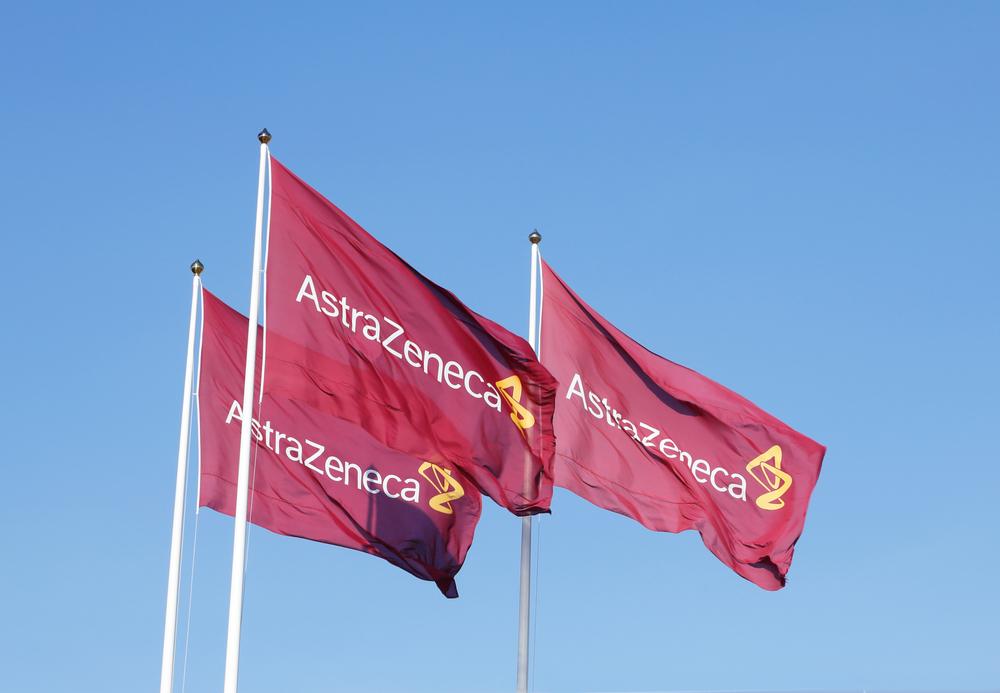AstraZeneca (LON:AZN) sees its share price down as markets start July’s trade, adding to June’s dip, despite announcing the approval of Lynparza and Imfinzi.
Shares currently stand at 5,201p after receiving approval from the Japanese Ministry of Health for their new breast and lung cancer treatments.
Following AstraZeneca and Merck and Co’s (NYSE:MRK) successful test of their ovarian cancer treatment – Lynparza – last Wednesday, the firm’s share price bounced from lows of 5,155p.
This morning, the Lynparza tablet was approved for use as a treatment for patients with epidermal growth factor receptor negative breast cancer, who have already received chemotherapy.
“Earlier this year, Lynparza became the first PARP inhibitor available in Japan for advanced ovarian cancer. Now patients in Japan with BRCA-mutated, metastatic breast cancer will also have the opportunity to benefit from Lynparza”, said Dave Fredrickson, Executive Vice President, Head of the Oncology Business Unit at AstraZeneca.
In an independent venture, AstraZeneca also announced this morning that the Japanese Ministry for Health had approved their drug durvalumab – marketed as Imfinzi – used as maintenance therapy after definitive chemoradiation therapy, in locally-advanced, unresectable, non-small cell lung cancer.
“As the only immunotherapy approved in the curative-intent, Stage III lung cancer setting, Imfinzi has the potential to change the treatment paradigm for patients diagnosed with this disease”, said Dave Fredrickson.
Analysts have recently upgraded Astra’s price targets following a year of under-performance against the FTSE 100, though they and GlaxoSmithKline outperformed their FTSE counterparts this weekend. Astra is up just 0.8 percent over the past 52 weeks compared to a 2.5 percent rise in the FTSE 100.
Last week, Citigroup reiterated their ‘buy’ stance on the stock, whilst UBS and Shore Capital have a neutral stance.
The success of their oncology research and treatments will play an integral role in their success in the coming months, especially as their older drugs continue to be priced out of the market by new competition.




